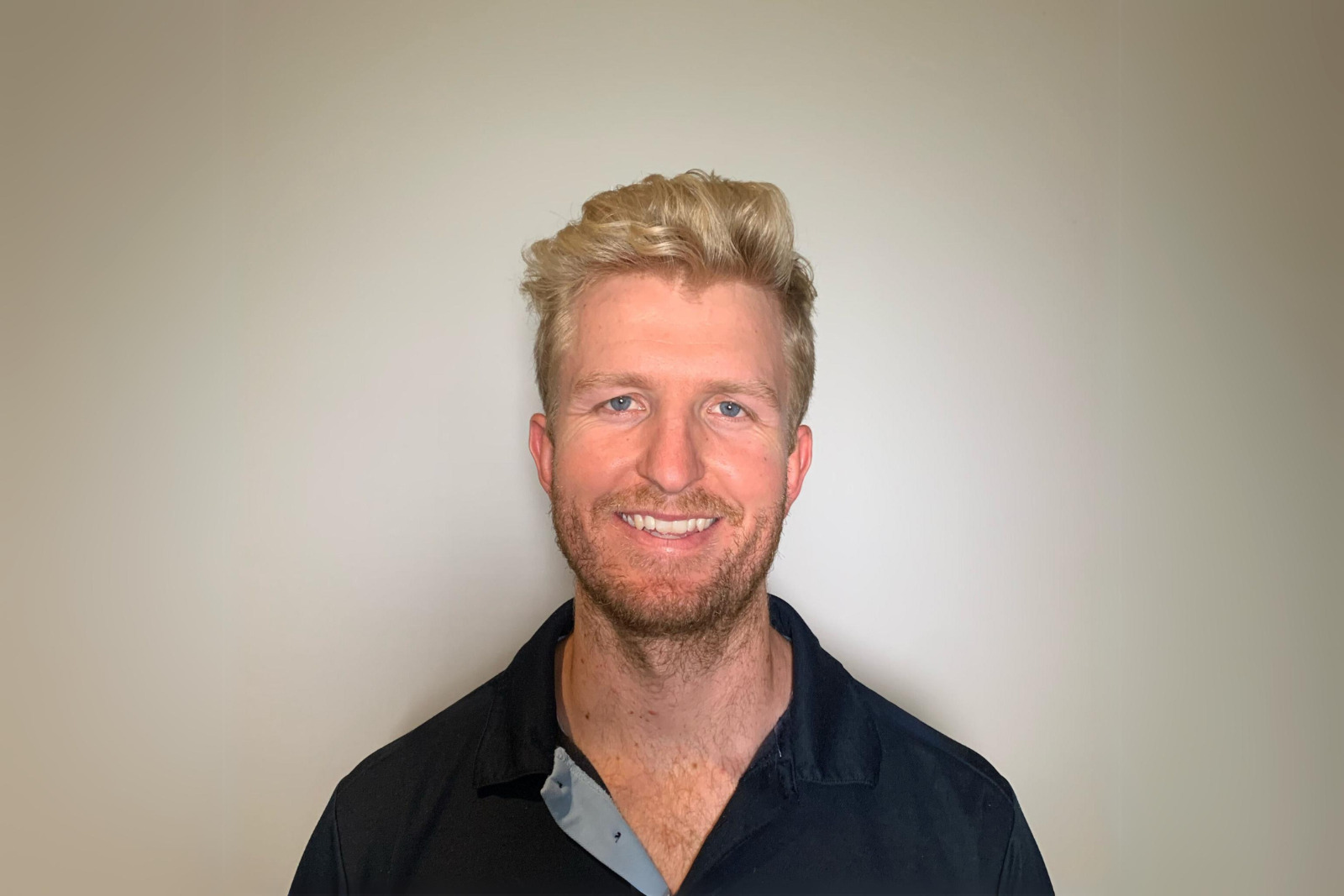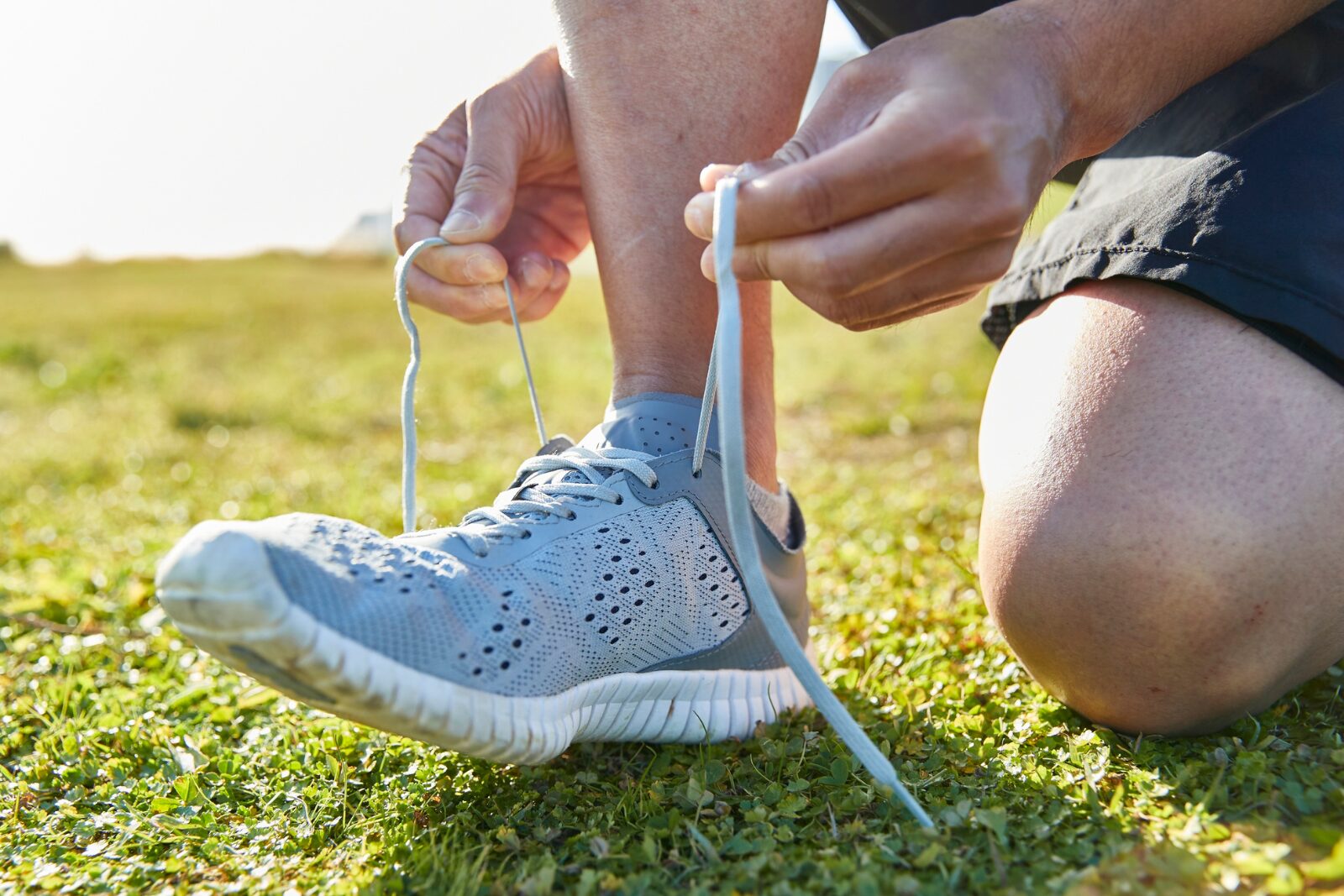Why did you become a physiotherapist?
Helping others has always been really important to me. When deciding on a career, I knew I wanted to work in healthcare and seeing the impact physiotherapists had on my life growing up, inspired me to pursue physio and end up where I am today.
What’s your favourite part about being a physiotherapist?
The most rewarding part is seeing the positive impact I can have on people’s lives. Seeing patients return to their daily activities and experience improved function is a really great feeling.
What’s the most rewarding experience you’ve had as a physiotherapist?
Participating in an outreach program that provided physiotherapy services to remote Indigenous communities in the Northern Territory stands out as one of the best. It allowed me to help those who have limited access to healthcare and make a real difference in their lives.
What does a typical day at work look like for you?
My day-to-day schedule is varied, which I find engaging. I might start with a session at a client’s home, followed by a gym-based appointment, then head to a nursing home to see another client. The afternoon might involve hydrotherapy exercises at the local aquatic centre.
What continuing education are you involved in?
I participate in conferences and courses, regularly review current physiotherapy articles, and engage in discussions on the latest research and challenging cases with my colleagues. This ongoing commitment mean I can provide the most effective treatment options for my patients.
What advice would you give to someone considering physiotherapy?
Physiotherapy is a dynamic career that offers endless possibilities. It has allowed me to travel across Australia and even work in unique places like the mountains of Japan. If you’re passionate about helping people and improving their well-being, I highly recommend exploring physiotherapy as a career path.
What are some common misconceptions about physiotherapy that you’d like to clear up?
A common misconception is that physiotherapy is solely for sports injuries. In reality, physiotherapy plays a role in various settings, from clinics and hospitals to aged care facilities and out in the community. We focus not only on rehabilitation but also on prevention, diagnosis, and patient advocacy.
What are some of your hobbies or interests outside of physiotherapy?
I enjoy staying active and having a healthy lifestyle through activities like skiing, running, swimming and cycling.
What’s a fun fact about you (outside of physiotherapy)?
An interesting fact about me is that I was born on a leap day.



